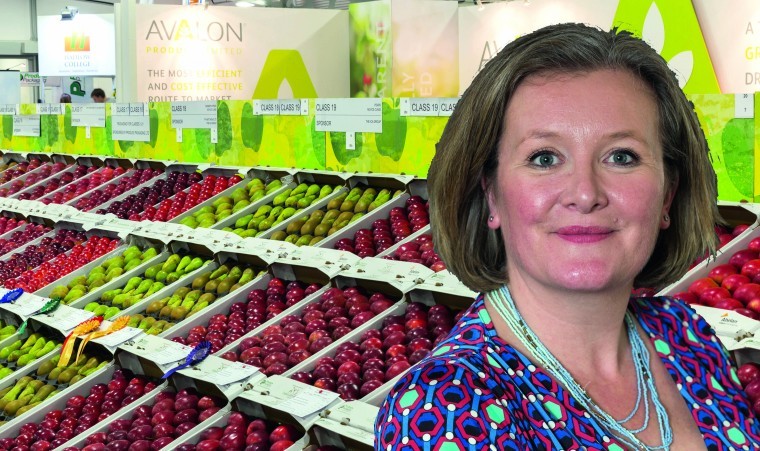The challenge has been multi-fold with difficulties in recruiting sufficient numbers, and a sharp rise in the average age of workers, meaning a corresponding drop in productivity, just two of the key problems.
The change in the type of individual coming to work on the farms has also been marked this year. The fruit industry used to be seen as a sector of great opportunity, somewhere a talented individual could build a good career, but sadly this is no longer the case. The rhetoric in the press is unwelcoming, and while growers may be paying more than in the past, as an industry we still need to question whether it is enough and can we promise long term career progression at present?
But what can we do to reverse this position? Well I’m not sure it’s Brexit that is our only challenge, as recruitment of seasonal labour doesn’t entirely hinge on just that one decision. The economies of many of the countries we have historically recruited from have improved and there is opportunity closer to home for many.
Instead growers are looking at how they can provide a good experience which not only encourages good workers to return, but one which also makes them want to bring their hard working, valuable friends along too.
Their accommodation is key, as is a good recruitment process, a warm welcome and a nurturing environment, along with good reward for their labours. Growers who are currently excelling at retaining their valuable, trained workers offer much of the following:
- Introduction to life on the farm – social media accounts dedicated to the business, great pictures of the farm throughout the year, a little commentary on life during harvest, images of happy, healthy people working in orchards laden with fruit. It all creates a great opportunity to work within a business that is clearly thriving and looking after its people well.
- A clear offer of work and the feeling that you are valued – regular communication through an offer letter/contract (this may be needed at the point of entry), Christmas and birthday cards are also often sent and a great big thank you party at the end of the season.
- A welcome pack – don’t forget that it’s often quite a long journey to get to the UK for work. Providing a place with a comfy bed, the means to make a hot drink with some biscuits, the site wifi code and a sim card enabling you to ring home and say you’ve arrived safely is hugely valuable and much praised.
- An induction booklet in their first language – all about the farm business, the local area, the key phone numbers for the team, a map of the farm, the local doctors, recommended dentist, a bus or train timetable, perhaps some tourist information and statutory information about manual handling, Ethical Trading Initiative, hours of work etc will make a great start on a good approach to work and living with you for the duration of their employment.
- Induction programme – paid time taken to go through the work, through safe working practices, food hygiene and so on in their first language is essential (and required). Training in any equipment like trailers, trains and platforms and tractor driving training/checking for those that have taken these roles, a reminder of the safe stop protocol and for all pickers to understand your farm’s method of communication in the orchards.
- Accommodation and pay – you could get all of the above right but if it’s a grotty, old caravan they return to at the end of the day and tales of better money elsewhere could negate all of your good work. English Apples and Pears (EAP) and the National Farmers Union (NFU) have a lot of data around rates of pay if you need assistance in setting your hourly/bin rates.
One grower who has maintained a great rate of returnees and recruitment quite rightly summed all of this up by saying: “Just remember that these are someone’s children. How would you like your children to be treated working abroad, what would make them share the opportunity to work with friends, get fit, get a tan and earn money?”
Click here to read more our full feature on a happy workforce




